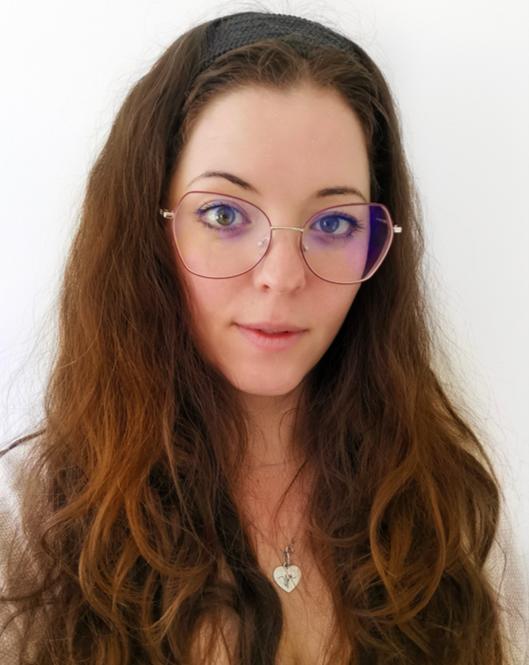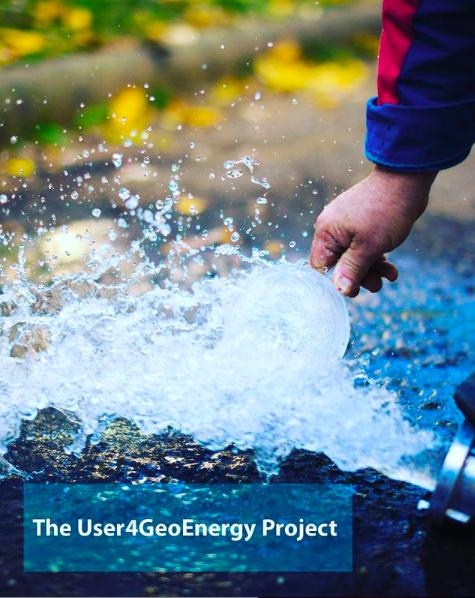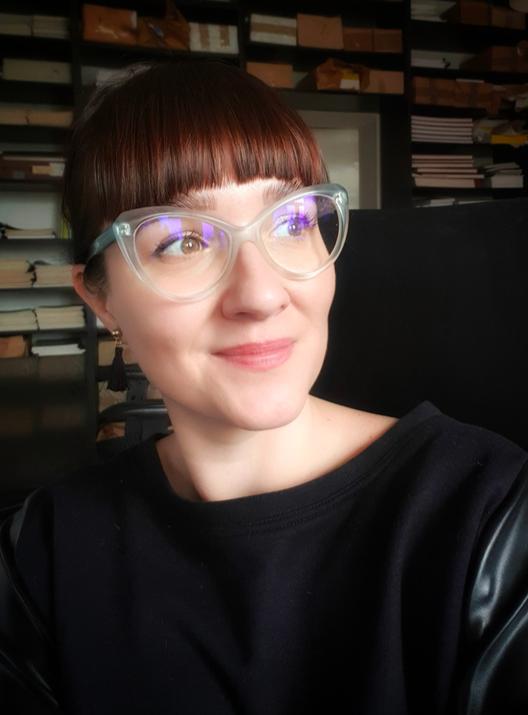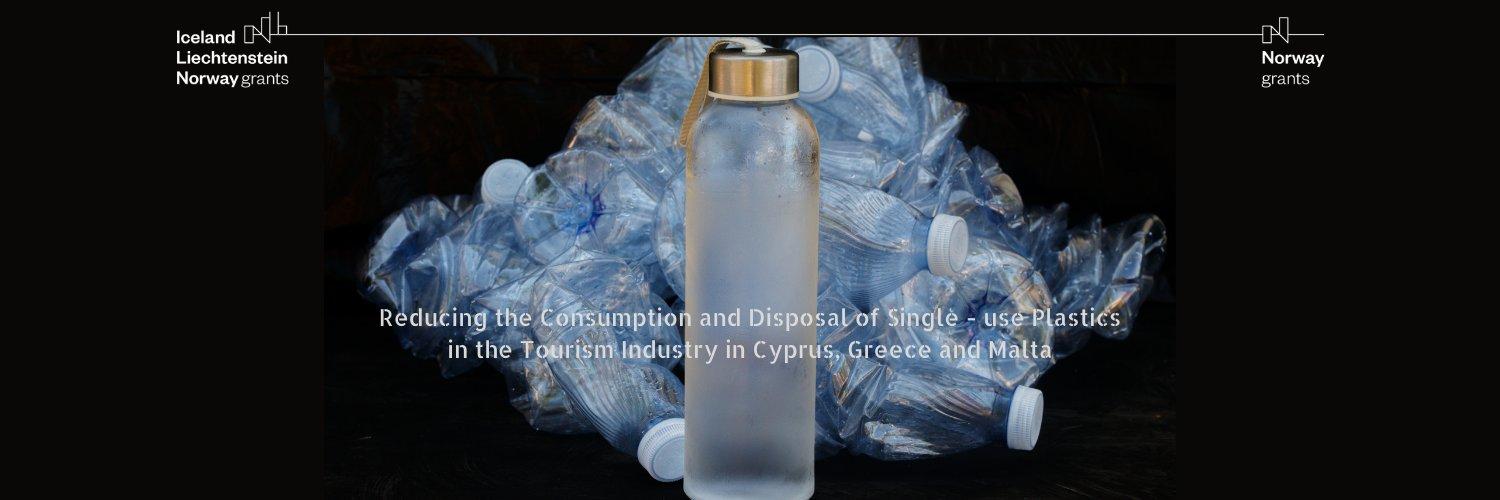
6 minute read
The Universe is a Big Place
the experience of the partner from donor country the know-how of the Swedish expert partner and to adopt their knowledge to our local conditions and situations.
The diverse project consortium is lead by Agricultural Institute of Slovenia which is joined by the Norwegian Beekeepers’ Association, Swedish Agriculture University and two non-academic partners, CARPEA from Northern Macedonia and CALS from Croatia, both SMEs involved in research.
But what are we? What defines and join us is a concern, concern about the loss of genetic diversity, about the loss of richness of genes and loss of the infinity of possible combinations of genes that gives the species at least chance to respond to an ever-more-demanding environment.
Here, at the edges of the Old World, within the native range of Apis mellifera, there are all reasons for being concerned – but not for the honey bees as the individuals, nor for honey bees as the colonies.

Why such concern of all the sudden?
The concern isn’t sudden, it was building up for quite some time now. On our own, we have limited reach. Therefore we waited for the opportunity which gave us the chance to bring our interests together with other concerned stakeholders in beekeeping. EEA and Norway Grants Fund for Regional Cooperation provided such chance through the »Common challenges –Shared solutions« call.
The Consortium
In the Universe, the giant clouds later merged through gravity to form galaxies, stars, and everything else seen today. In our world, five partners banded together to address the concern mentioned above. The project partners from Slovenia, Croatia, Northern Macedonia desire to profit from
Web page https://beeconsel.eu/ Facebook https://www.facebook.com/BeeConSel

Twitter https://twitter.com/BeeConSel
Instagram https://www.instagram.com/BeeConSel

Project 0502
Environment, Energy, Climate Change and Low Carbon Economy

Improving the energy efficiency of geothermal energy utilisation by adjusting the user characteristics

The use of geothermal energy for heating and its efficiency is becoming more and more important, in contrast to heating by fossil fuels. In the area covered by the project (Central Europe, Norway, Iceland), energy used in the residential sector for space and water heating accounts for more than 80% of the final energy consumption.

A heating system is characterised by certain technical requirements, e.g. supply temperature and the required flow of water. Heat demand and temperature of the return water are mainly dictated by the efficiency of the heating systems and weather conditions, but also the characteristics of the users and the technology used. The selection of appropriate parameters and management of the system is referred to as the control of power delivery. The inability to reach the temperature required by the energy user results in the need to use additional, peak heat sources. The peak sources generate additional investment outlays and their use occurs when the supply temperature is not high enough.
Fossil fuels are most frequently used as additional supporting heat sources, therefore the main goal of the project is to increase the efficiency and share of geothermal heating in order to reduce the use of fossil fuels for heating during the peak demand. By decreasing the use of fossil fuels to meet heating needs, the User4GeoEnergy project also aims to decrease air pollution and CO2 emissions, and to contribute towards mitigating climate change. Additionally, this should lead to reduced investment outlays and lower operating costs for peak heating. The amount of energy generated by peak sources can be reduced or eliminated by adjusting the needs of heat recipients to the capabilities of the energy source.
This, however, also requires changes in heating systems. As it involves changes in parts of the installation that are not owned by the energy supply companies, energy companies are not willing to undertake such activities. It is also easier to match the capabilities of the energy source to the customer’s requirements than opposite. The User4GeoEnergy project provides a quantitative assessment, whether changes in the heat recipients' installations can bring measurable economic, energy and environmental benefits.
Currently available and commonly used technologies in some cases enable the required supply temperature to be reduced to below 40°C (e.g. floor or wall heating). It is also possible to lower the return temperature of the working medium. Increase of the heat exchange surface and the use of other activities favouring the reduction of customers’ requirements can significantly reduce energy supply costs and improve the condition of the natural environment. Lowering the temperature of the return water in heating systems also significantly reduces the demand for the extraction of geothermal water, thus protecting geothermal resources.
Project main activites
• Exchange of good practice in the management of geothermal district heating between the donor countries (Iceland, Norway) and the beneficiary countries (Poland, Slovakia, Hungary), that will increase economic as well as environmental and climate benefits for all.
• Mathematical modelling of geothermal systems (energy source – heat distribution – end users), in order to identify optimal solutions for the supply of geothermal heat in the beneficiary countries, considering geothermal conditions and heat prices on domestic markets.
• The focus will be on individual customers in their homes by providing knowledge, experience, and technical solutions to improve the efficiency of geothermal heating. This will be based on data utilisation and the roles of public and individual sustainable solutions. The project will also focus on encouraging customers to modify heating installations in their homes in order to increase their heating efficiency.
Project objectives
Long-term improvement
Our objectives are a long-term improvement in the efficiency of geothermal operations and a decrease in their environmental footprint: direct contributions to a less carbon-intensive and more energy secure economy in Europe.
Integrating
With EU sources readily available for integrating renewables into DH, our project complements investment measures by reforming the operation of these systems.
Innovative
Our goal is to increase the economics of geothermal DH systems and to support their environmental sustainability simultaneously. We wish to achieve this goal by expanding the knowledge of our staff and by providing innovative solutions to operators.
Energy secure economies
Moving towards low-carbon and energy secure economies necessitates the use of renewables on the one hand, and, maintaining a good status of the environment on the other. Our intervention logic ensures that these objectives can be pursued simultaneously.
Project target groups
The target groups of our activities are:
• researchers and scientists of the beneficiary partners,
• district heating system operators and energy users throughout Europe.

The end-beneficiary of our project is the environment.
Project Partners
Mineral and Energy Economy Research Institute Polish Academy of Sciences (Project Leader)
SLOVGEOTERM a.s.
InnoGeo Research and Service Nonprofit Public- benefit Ltd
National Energy Authority
NORCE Norwegian Research Centre AS
Facebook: https://www.facebook.com/innogeo.kft
Instagram: https://www.instagram.com/innogeo.ltd/

LinkedIn: https://www.linkedin.com/company/innogeo-ltd
Website: http://user4geoenergy.net/

Environment, Energy, Climate Change and Low Carbon Economy

Project 0572
Reducing the Consumption and Disposal of Single-use Plastics in the Tourism Industry in Cyprus, Greece and Malta

The project titled “Reducing the Consumption and Disposal of Single-use Plastics in the Tourism Industry in Cyprus, Greece and Malta”, also known as “SUPMed”, was launched in July 2020. The project runs until June 2023, with a total budget of €1,279,405.00. The project is a transnational cooperation between consultancies in each region and the six partners participating in the project are Aspon Consulting Ltd as the Lead Partner (CY), Heraklion Chamber of Commerce and Industry (GR), Anelixis Development Consultants S.A. (GR), Cellock Ltd (CY), AIS Environment (MT) and the Cyprus Hotel Association (CY). The project focus on these 3 areas because they are all islands in the Mediterranean Sea with high accumulations of plastic waste, are big producers of waste with low recycling rates and their economies are heavily dependent on tourism.
Through this project, the project consortium aims to implement a common solution to the EU shared and urgent challenge of single-use plastics (SUP), to help the tourism sector in the three regions and in Europe in general, reduce the consumption, disposal and impact of SUP in line with EU Directive 2019/904.
Specifically, the partners will proceed with selecting a sample of at least three tourist establishments per region. Then, the partners will support those samples of coastal tourist establishments in Cyprus, Malta and Greece (Crete) via pilots to move to sustainable resource-efficient business models that will identify and replace commonly used SUP with environmentally friendlier, readily available and affordable alternatives. The pilot samples will be supported in phasing out and replacing SUP via a bespoke free webbased decision-support tool (DST) that will be developed. The DST will present viable and available alternatives to the most commonly used SUP, taking into consideration the cost and environmental impacts of each alternative across its life-cycle.
Following the completion of the pilot in each of the three regions, best practise guides will be developed that will present the findings of the pilots, the impacts of plastic waste on human health and the environment, how to reduce SUP in the tourism and other sectors and what envirionmentally friendlier and affordable alternatives are available. These guides will be disseminated to SMEs, NGOs, tourist establishments and other relevant stakeholders in the three regions and across Europe, as an additional support tool in replacing SUPs. The DST will continue to be free to use post the project duration to further add transnational value and to scale up the project results, support SMEs and NGOs in all sectors across the EU to replicate the pilots, extending the project sustainability and positive change beyond the end of the funding period.
The pilots focus on samples of tourist establishments on the three islands, which are the direct target group, along with all SMEs and NGOs in the tourism and other sectors in the EU, while the general public and the environment that is negatively affected by SUP are the end beneficiaries.






